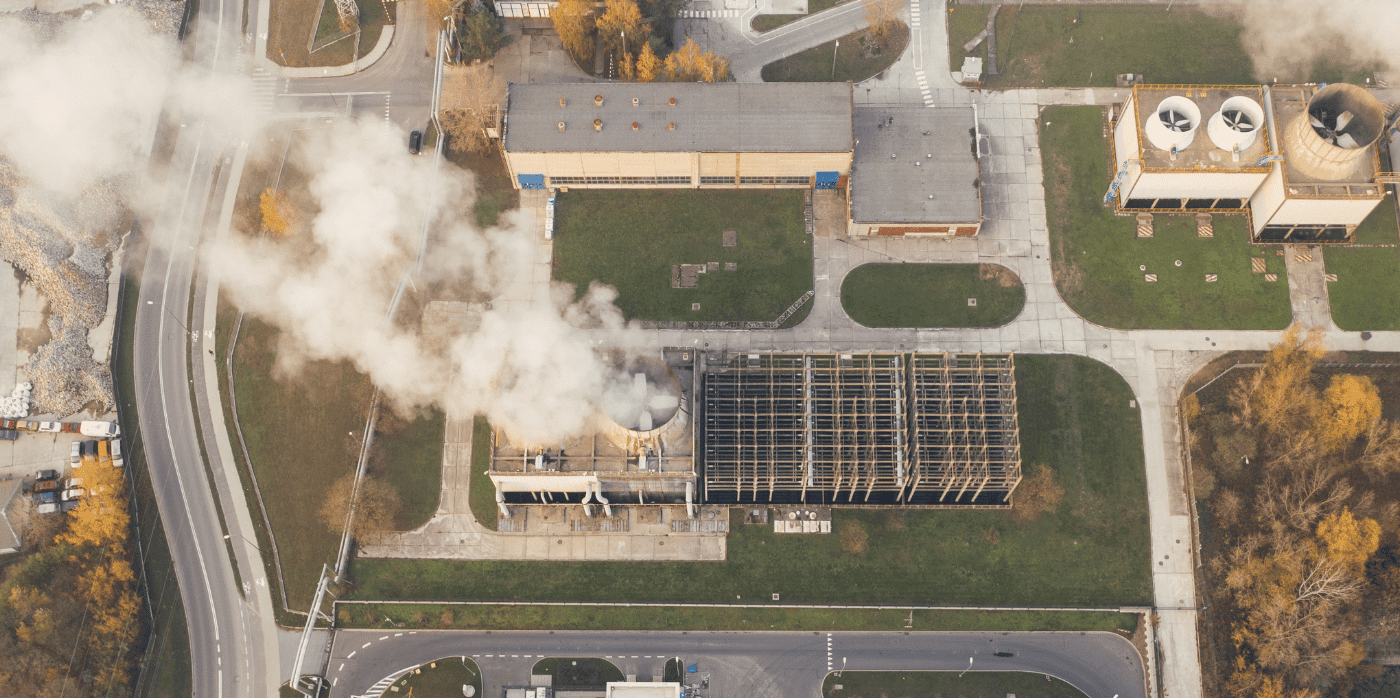Turning harmful ocean algae into everyday products

Spotted: When water becomes enriched with minerals and nutrients, a process starts called eutrophication, where algae grow rapidly and accumulate, causing algal bloom, which can smell bad, block sunlight, and even release toxins. However, the plants also offer a sustainable, clean, and biological source of raw materials, ideal for many applications. They can be harvested and processed without affecting the environment, and Origin by Ocean is doing just that.
The startup has found that marine overgrowth can be removed and converted into ecological, healthy, and oil-free ingredients for use in everyday consumer products. The company’s patented biorefinery technology, Nauvu, turns invasive and harmful algae and ecologically farmed seaweed into many products in one industrial process. The technology uses selective chemistry to extract valuable bio-based chemicals, which can be used to replace traditional high-carbon chemical ingredients in industries like food, cosmetics, hygiene, and textiles. To make the process as sustainable as possible, Origin by Ocean also recycles chemicals and water.
In addition, the company’s algae harvesting platform can provide employment opportunities to coastal communities around the world, while clearing oceans of potentially toxic seaweed. Origin by Ocean employs individuals directly, from the algae farmers and harvesters to the feedstock producers.
The startup recently raised €7.5 million in a seed funding round which will be used to grow operations and develop an industrial-scale algae refinement plant.
Algae, while essential, can become a danger to our oceans, which is why Springwise has spotted so many innovations trying to use the plant and clean up our seas. One startup has developed bio-based plastics made from macroalgae as a friendly alternative to conventional plastics, and another is turning seaweed into sustainable packaging.
Written By: Anam Alam



